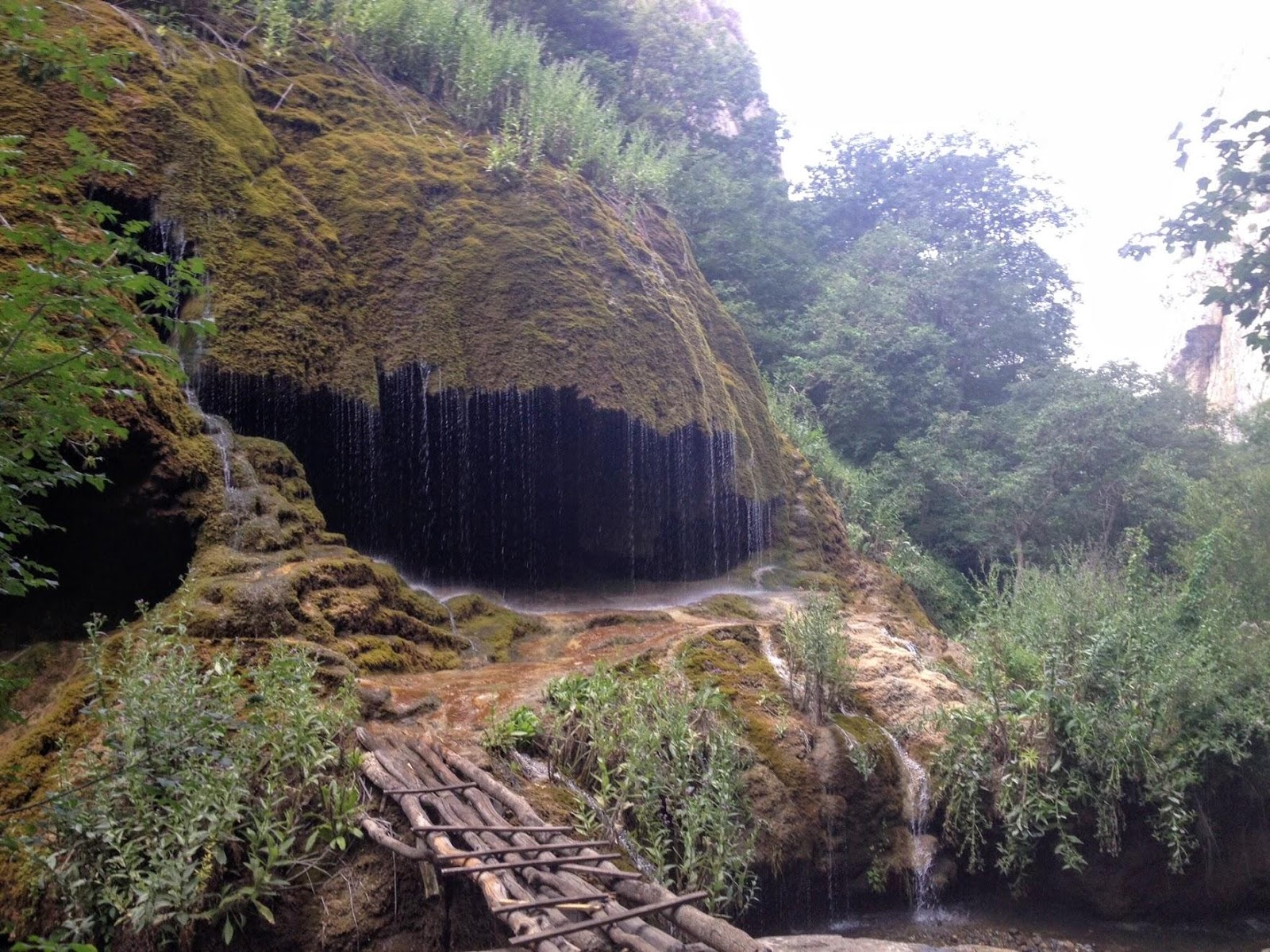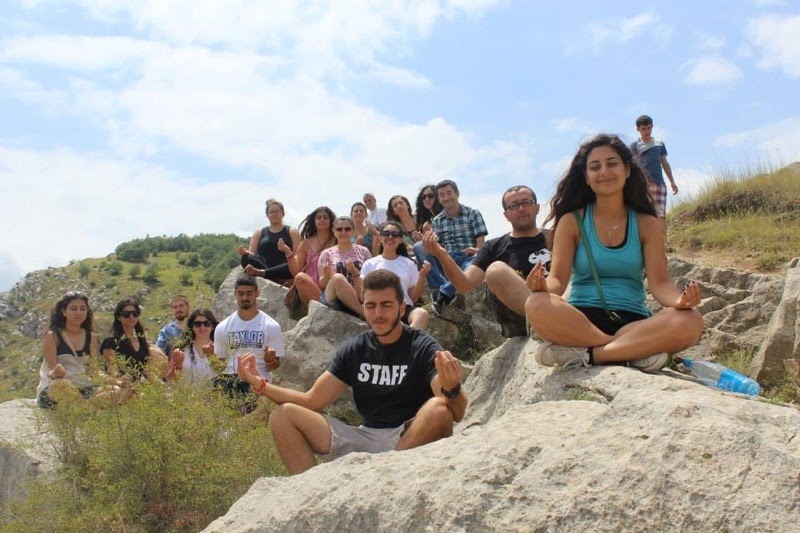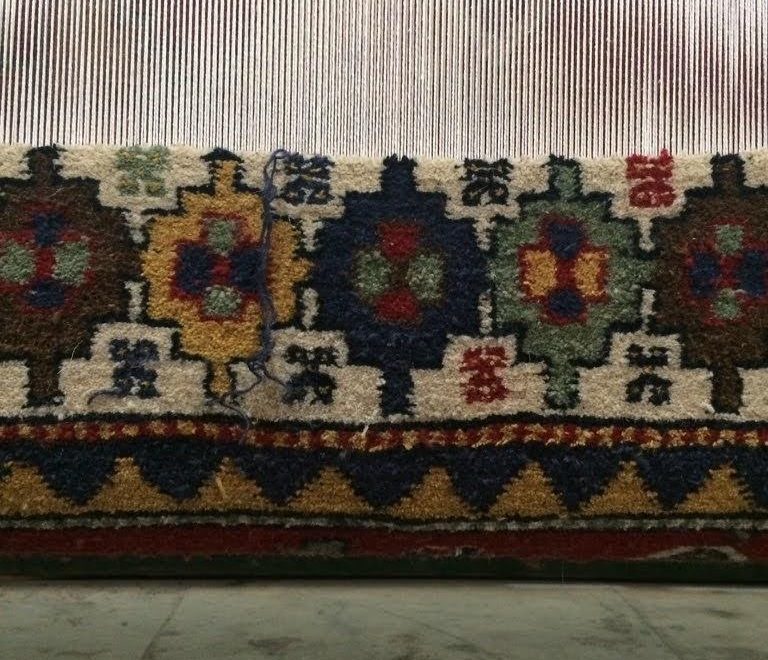
My heart skips a beat every time I think about how so many Armenians won’t be able to experience the terrifying feeling of walking across the Zontikner bridge or feel the pride of reaching the other side. The bridge, if you can call it one, represents so much of what Shushi is and was, including our struggles and victories. It’s the same bridge where my friends re-assured my safety with every hesitant step I took, the same friends who fought for our freedom up until November 9 when our world stopped spinning, when we learned that Shushi had slipped from our hands.
After the war ended, Prime Minister Pashinyan dared to voice his opinions on Shushi. “They say ‘Shushi was sold’… who sold Shushi? If Shushi was sold, then it happened over the past 30 years because Shushi was an unhappy, dull city. Did we need Shushi? And if yes, then why was the city in such condition?”
Decontextualized or not, what was said should not sit well with any Armenian. It should spark questions and concern. It should trigger anger and fear…as should the past tense of this article.
In fact, let me tell you exactly why Shushi was far from unhappy. Let me explain to you the colors of this city…the life that it had before it was given away.

Let me tell you about Saro’s house and the late-night singing that echoed deep into our mountainous land. Or his Museum of Geology, which holds an impressive collection of artifacts that speak volumes to our overwhelmingly unique history. We had the most beautiful view from Jdrduz, where our freedom-fighters climbed up the cliff rocks and liberated the stronghold in 1992….where we felt so much pride and found countless bullets, each of them a symbol of our victory and the sacrifice it took to get there. The waterfall at Zontikner was like a scene out of a movie, a picture you see in a photoshopped postcard. But it was real. It was ours. The sounds of heavy rain, the trek to get there, the river’s clear water…not lifeless, not to us anyway.
Let me tell you about Ghazanchetsots, where we prayed for everything except this.

Let me attempt to describe the glowing sunsets and overwhelmingly green grass and the foliage beside the waterfall. No one can look into the rich fibers of an authentic Karabakh carpet made in Shushi and see unhappiness. Just as no one can hear the music from Shushi’s Music Academy, which stimulated a cultural reawakening of our ancient, fortress city… and think of it as flat.

Shushi was full of life and love. It was home to determined, caring and proud people who would give you everything they had and assure you that Shushi is your home as much as it is theirs. They embodied victory. But now…now they’re homeless, robbed of our beautiful, rightful land.
What does this make us? Blindly enamored of a so-called unhappy and dull city?
So what if we are… the issue is clear.
Shushi was given up.
Shushi was sold.
Shushi was not taken.
Shushi was not defeated.
We always needed Shushi.
Shushi always needed us.
Shushi will always live on in color in our hearts. It is my hope that we will bring her home one day.
Author’s Note: Dedicated to my great-grandmother Arousyak Ghahramanian-Khachatourian—a daughter of Shushi (1904 – 1991)


Please keep writing U. Ani. Just beautiful. And yes to your remark – “it is my hope that we will bring her home one day.”
Sadly, very well said, Ungerouhi. We’ll be able to return our Shushi soon. Keep up the articles!!!!